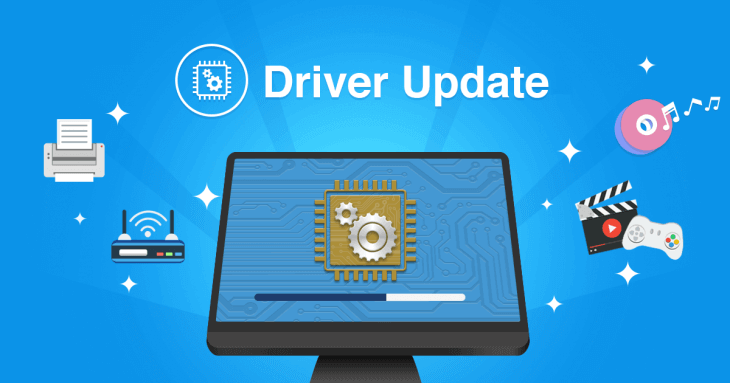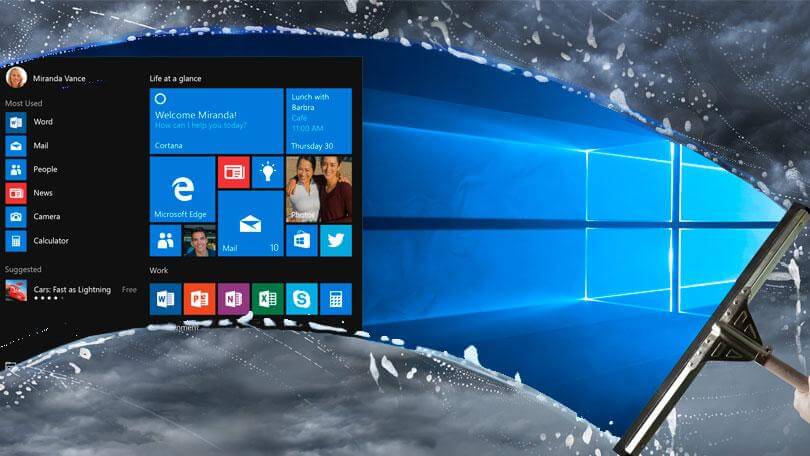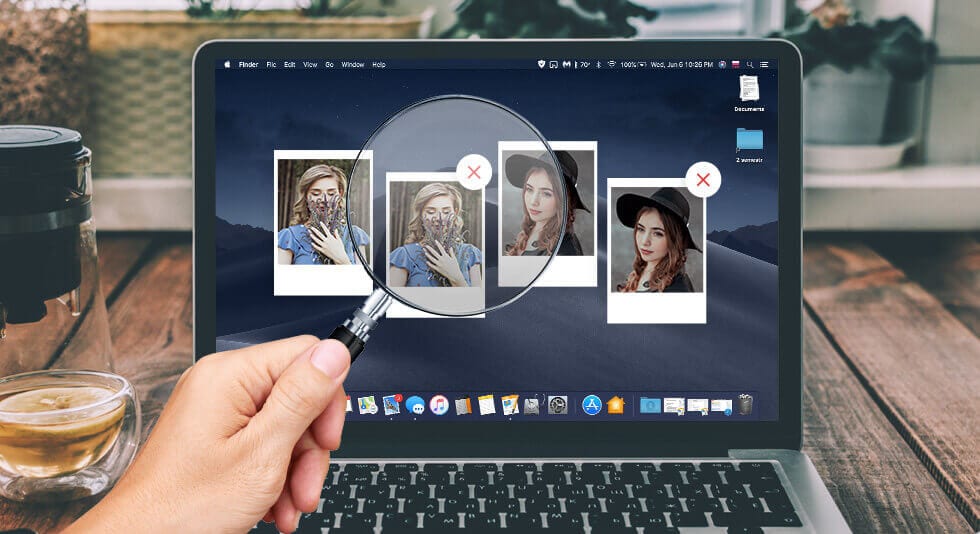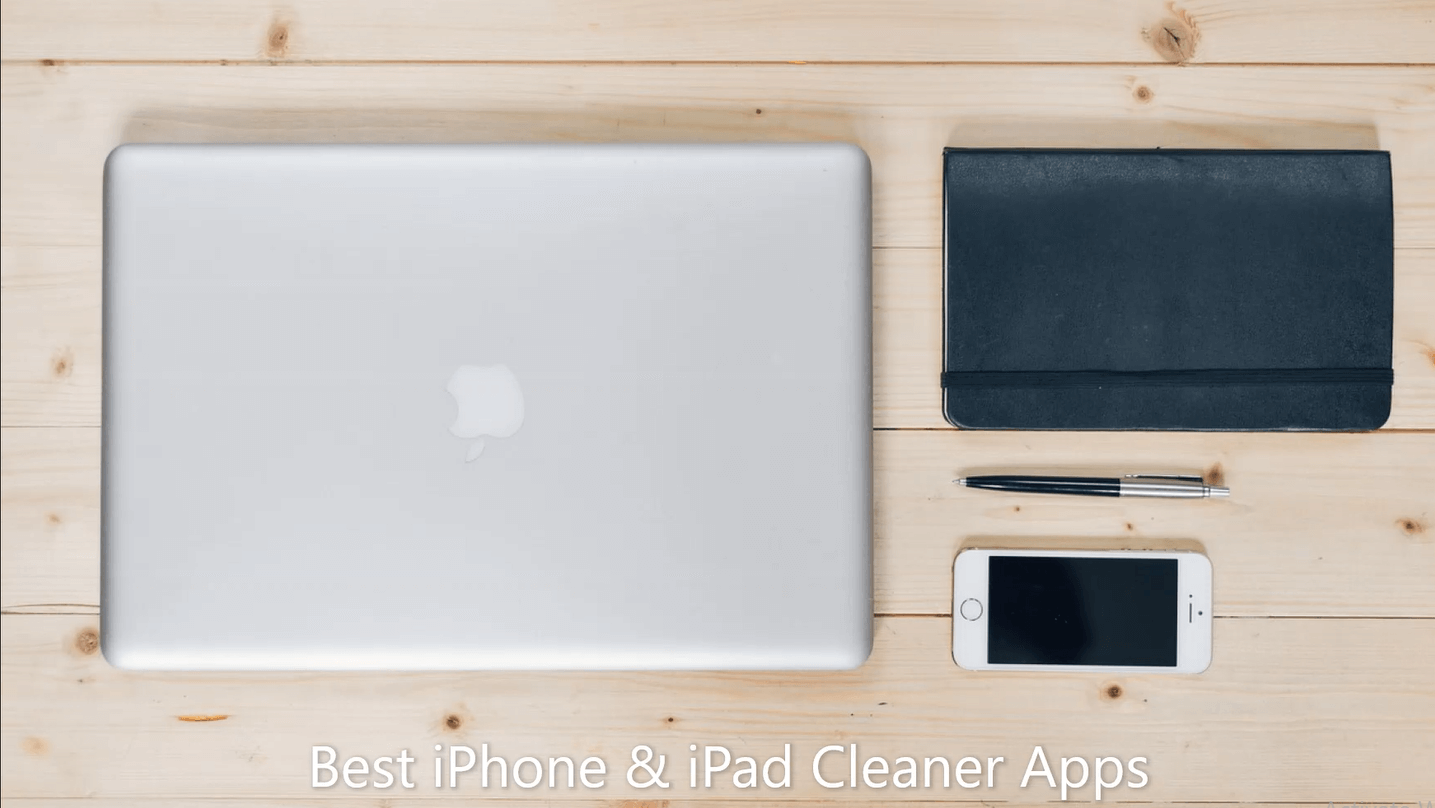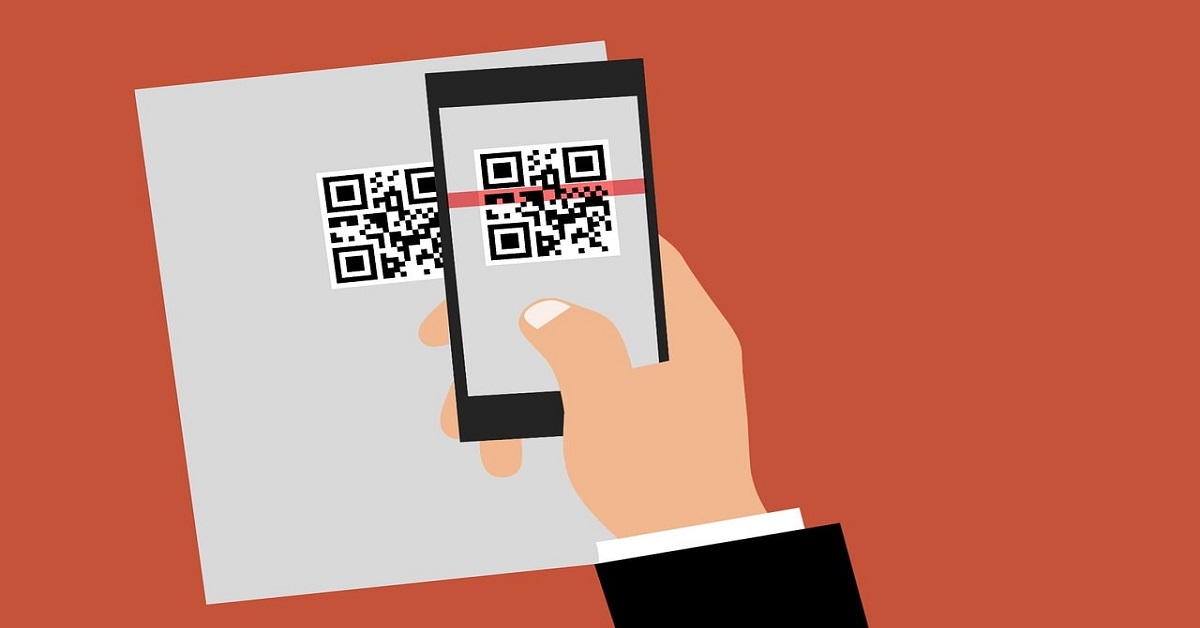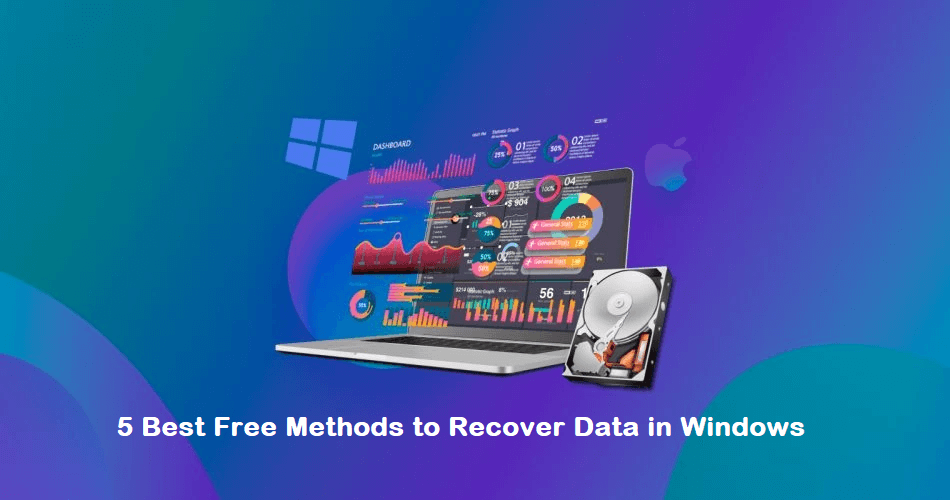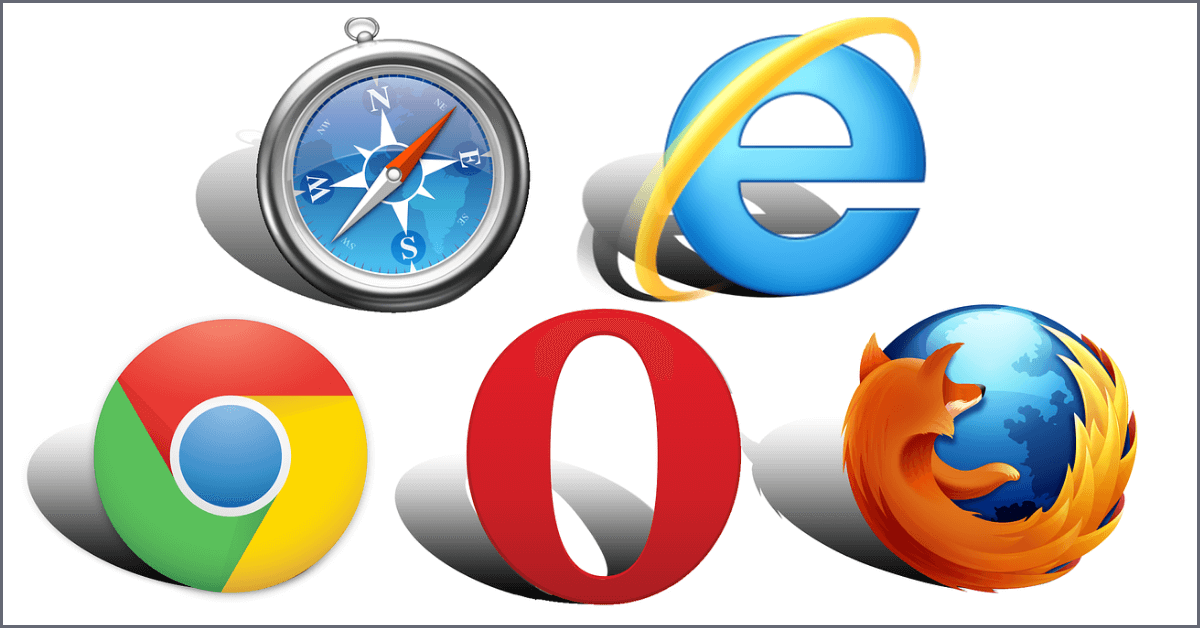What is a ‘Good’ Internet Speed and How to Measure Internet Speed?
There are numerous internet service providers in the market and every single one of them claims to offer a “good” internet speed. The big question is, what is a good internet speed? Is your good speed good enough? I think it’s high time we look at what really does a good internet speed entail and also look at what you have as opposed to what you need? After all, your internet speed determines how quickly you can execute your tasks online.
We all have run internet speed tests at home, more often than not, what most software report is the upload & download speed, ping, latency issues, packet losses, physical connectivity issues, etc. Nevertheless, for a person like you and me, only three of these factors are more comprehensible. The most important of which is the download & upload speed in terms of Mbps (Megabits per second).
Before we plunge into the technicalities, let’s have a quick glossary of terms that you must be accustomed to, in order to understand things better:
Bandwidth – In technical terms Bandwidth describes the maximum data transfer rate of the network, whereas in more layman-like terms we can say Bandwidth is what determines the number of frequencies a network connection can handle at any particular time.
Latency – Latency determines the lag in data transfer from the source to the destination.
Byte – A unit to measure the amount of digital data. 1 byte=8bits
Mbps – Megabits per second (Mbps) is a unit of data transfer used to gauge internet speed.
MBps – Megabytes per second (MBps). We all come across the MB symbol that signifies the size of a file. It’s the same thing, except that MBps tells us how much of the file is being transferred in one second.
Ping – Ping is a test to determine the reachability of a server.
What exactly is good Mbps?
Megabits per second is a measure that shows how fast you can upload or download files to and from the internet. In other words, it’s the unit of internet speed, and the greater the figure preceding the unit, the higher the internet speed. A little over a thousand Mbps make one Gbps (gigabyte per second). Hence, if you wish to have an optimal internet experience, make sure you choose your internet service provider wisely as well as the number of Mbps you wish to subscribe to according to your usage, Spectrum internet plans have been a savior for me that introduced me to affordable yet reliable connectivity in one package. Don’t forget to check if you’re paying for something that you’re not necessarily using.
How much bandwidth do you need?
Your internet usage determines the bandwidth you will require. FCC endorses average internet speeds from 12-25 Mbps for households with multiple users and frequent streaming. For example, for streaming videos you need 10-25 Mbps on average, for online gaming 8-10 Mbps is alright. However, if you plan to use the internet for heavy downloads or consistent video conferencing, you will need to subscribe to 50 Mbps internet, which will enable you to transfer more data per second.
What are good upload and download speeds?
The upload and download speeds define the rate at which you can transfer content to and from the internet respectively. The closer it is to your subscribed bandwidth, the better. This calls for a bonus tip: if you wish to upload or download large pieces of content and if time allows, try to do that at night. Since the internet demand is usually low at the time, you might get better speeds than you usually experience.
How to test your internet speed
Before you go ahead with your internet speed test, make sure to take care of the following considerations to get accurate results. Firstly, don’t split your connection among multiple users, test under normal working conditions – no special changes required – perform multiple tests, and calculate the average, try testing at different times of the day. After you have ensured this, you may look up the following speed test services, mostly free, to get the most accurate results.
- Speedtest.net: This service, powered by Ookla, is by far the most popular, accurate, and oldest. The service also lets you save data from previous sessions to compare current and previous results, good for professionals or curious residential users to keep track of the trends and patterns over time. You can also share the results if you need for personal or professional purposes.
- Speedof.me: The interface does not look like other speed test websites. Since the results are shown in a graph (a little difficult to comprehend) plotted over time to compare speed and determine the consistency of the internet connection.
- Testmy.net: Professional users have claimed it to be the most comprehensive option in the guild of speed testing websites. It provides uninterrupted hi-tech services while running on HTML5. TestMy.net coming from an independent provider has ensured fine-tuning of their processes to perfection. The online service also provides statistics for your connection speed, your internet service provider, and your city’s average speed. The only downside, in my opinion, is the user experience. Or as some may say the results are hard to read.
- Internethealthtest.org: This one is a lot more comprehensive than most entries on this list. So, if you are looking for a multi-step and extensive testing process then Internet Health Test is the way to go.
That’s a Wrap!
It’s always good to know if you’re actually getting what you are paying for. Since, if you can monitor your Internet Service Provider’s performance for real, you can always bargain on the price you are paying for it or demand better services in return. Share your experiences with ISPs in the comments below!
Popular Post
Recent Post
11 Best Call Recording Apps for Android in 2024
Whether you want to record an important business meeting or interview call, you can easily do that using a call recording app. Android users have multiple great options too. Due to Android’s better connectivity with third-party resources, it is easy to record and manage call recordings on an Android device. However it is always good […]
10 Best iPhone and iPad Cleaner Apps of 2024
Agree or not, our iPhones and iPads have seamlessly integrated into our lives as essential companions, safeguarding our precious memories, sensitive information, and crucial apps. However, with constant use, these devices can accumulate a substantial amount of clutter, leading to sluggish performance, dwindling storage space, and frustration. Fortunately, the app ecosystem has responded with a […]
10 Free Best Barcode Scanner for Android in 2024
In our digital world, scanning barcodes and QR codes has become second nature. Whether you’re tracking packages, accessing information, or making payments, these little codes have made our lives incredibly convenient. But with so many barcode scanner apps out there for Android, choosing the right one can be overwhelming. That’s where this guide comes in! […]
11 Best Duplicate Contacts Remover Apps for iPhone in 2024
Your search for the best duplicate contacts remover apps for iPhone ends here. Let’s review some advanced free and premium apps you should try in 2024.
How To Unsubscribe From Emails On Gmail In Bulk – Mass Unsubscribe Gmail
Need to clean up your cluttered Gmail inbox? This guide covers how to mass unsubscribe from emails in Gmail using simple built-in tools. Learn the best practices today!
5 Best Free Methods to Recover Data in Windows
Lost your data on Windows PC? Here are the 5 best methods to recover your data on a Windows Computer.
100 Mbps, 200 Mbps, 300Mbps? What Speed is Good for Gaming?
What internet speed is best for gaming without lag? This guide examines whether 100Mbps, 200Mbps, or 300Mbps is good for online multiplayer on PC, console, and mobile.
Top 10 Child-Friendly Browsers – Kids Friendly Web Browser
As parents, ensuring our children’s online safety and exposure to age-appropriate content is a top priority. With the vast expanse of the internet and its potential risks, finding a reliable and secure web browser for kids has become increasingly important. Fortunately, numerous developers have recognized this need and have created specialized Kid-friendly web browsers designed […]
How To Fix Mouse and Keyboard Not Working On Windows 10 and 11
Mouse and keyboard not working? Fix non-working mice and keyboards in Windows 10/11. Troubleshoot software issues to restore mouse and keyboard functions.
Top 15 Best Lightweight Browsers for Windows 10 and 11
Introduction: With the ever-increasing demand for faster browsing speeds and lower memory usage, lightweight browsers have become quite popular among Windows users. These browsers are designed to be swift, responsive, and easy on system resources. In this article, we will discuss the top 15 lightest browsers for Windows 10 and 11 to help you find […]



